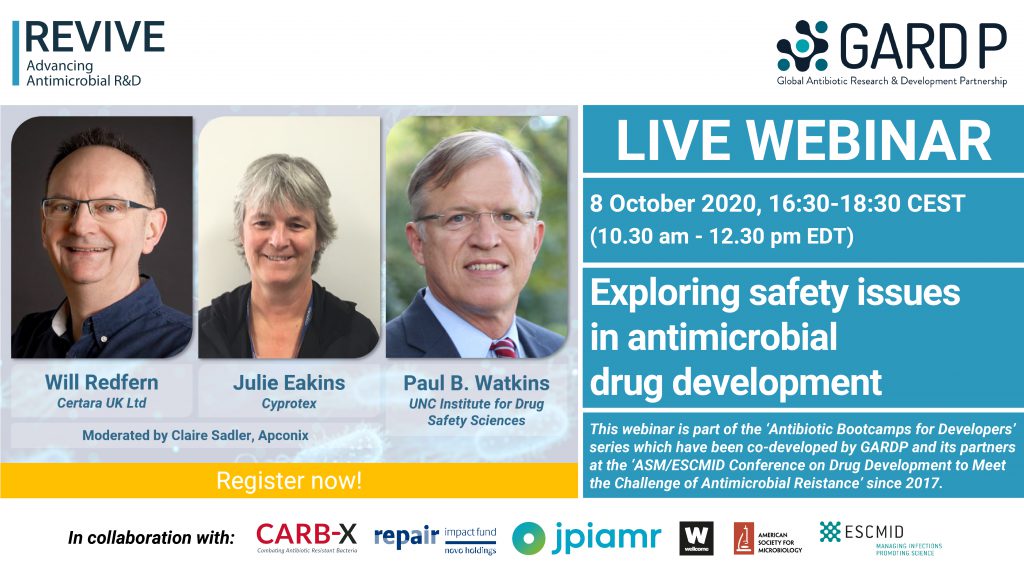On November 5 and 6, the G7 Ministerial Meeting on Health took place in Milan, Italy. On the agenda for the second day was antimicrobial resistance (AMR). The discussions focused on crucial topics of global health. The aim of the meeting was among else to coordinate global and concrete actions. In that context, participating Health Ministers expressed that they welcome the establishment of the Global AMR R&D Hub and call to ensure it becomes an effective platform to align and increase global investment in much needed R&D based on WHO recommendations, e.g. the Priority Pathogen List (PPL). They expressed support for the collaboration of the Global AMR R&D Hub with existing international networks and initiatives like the Interagency Coordination Group on AMR, the Global Antibiotic Research & Development Partnership (GARDP), CARB-X and the Joint Programming Initiative on AMR (JPIAMR). G7 Health Ministers expressed support for the development of evidence-based strategies, tools and interventions to fight AMR, and sustain research related to the Strategic Objectives of the WHO Global Action Plan. As well as to promote R&D for new antimicrobials, alternative therapies, vaccines and rapid-point-of care diagnostics, in particular for WHO-defined priority pathogens and tuberculosis.
JPIAMR welcomes the G7 Health Ministers focus on global coordination, supported R&D areas and the many dimensions of Antibiotic Resistance, the impacts are real now. The actions of JPIAMRs 26 member nations concerted efforts to meet human needs- and scientific results are tangible today. JPIAMR has merged the shared Strategic Research Agenda with a One Health approach. A crucial component and strategy since antimicrobial resistance do not adhere to any boundaries. In 2018 JPIAMR launches it´s 6th call: Innovation against antibiotic resistant bacteria – New targets, compounds and tools. This as a direct response to the WHO Priority Pathogens List (PPL). Coordinating participating nations resources for funding research that targets the 12 groups of bacteria and drug-resistant tuberculosis listed by WHO.
JPIAMR also welcome the initiative of the Global AMR R&D Hub, working side by side to ensure that innovation is in focus and not duplication. Seeing that a diverse range of research and resources can match and harness AMR as the multidimensional global threat it is.
Working together makes the difference we need – to harness AMR in time.

